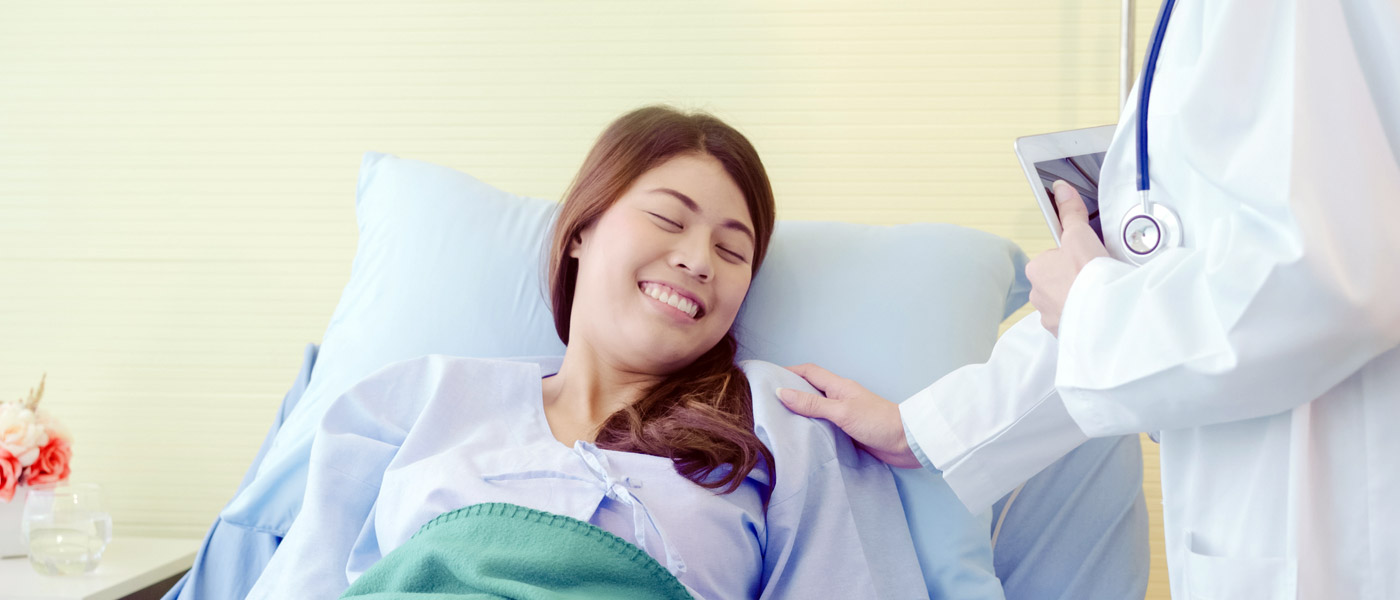Your surgery > After surgery
After surgery
Recovery
After surgery, you will be brought into the heart surgery recovery room, where a team of doctors and nurses will monitor your lungs, heart, and kidneys with various devices until you wake up.
There will be a dressing on the operating wound and tubes to drain any blood coming off the heart sutures. You will also have a tube in your trachea, hooked up to a ventilator to help you breathe.
As you wake up, you will gradually be able to breathe on your own, first with the help of the ventilator and then monitored by the ventilator (which will sound if your lungs get lazy!). When you are completely conscious, recovery room staff will stop the ventilator and remove the tube from your trachea.

Precautions after surgery

If complications should arise during surgery, the surgeon and physicians have the duty to inform the family and the patient. Please do not hesitate to ask hospital staff about your condition. Do not settle for feeling unsure about your situation, treatment, or programme of care.
Dialogue between patients, their family, hospital staff, and the physician is fundamental to build trust and help patients get well.
After discharge from the hospital, you will either go home, back to your original cardiology ward, or to a cardiac rehabilitation clinic. Your goal now is to get your confidence back and gradually re-accustom your heart to physical exertion by walking every day.
Avoid eating:
Increase your intake of :

Address & Contacts
- Centre Hospitalier Privé Parly 221 rue Moxouris 78150 Le Chesnay France
- Phone+33 (0)1 39 63 72 50
- Fax01 39 55 63 93
- Emailclaudevaislic@hotmail.com

